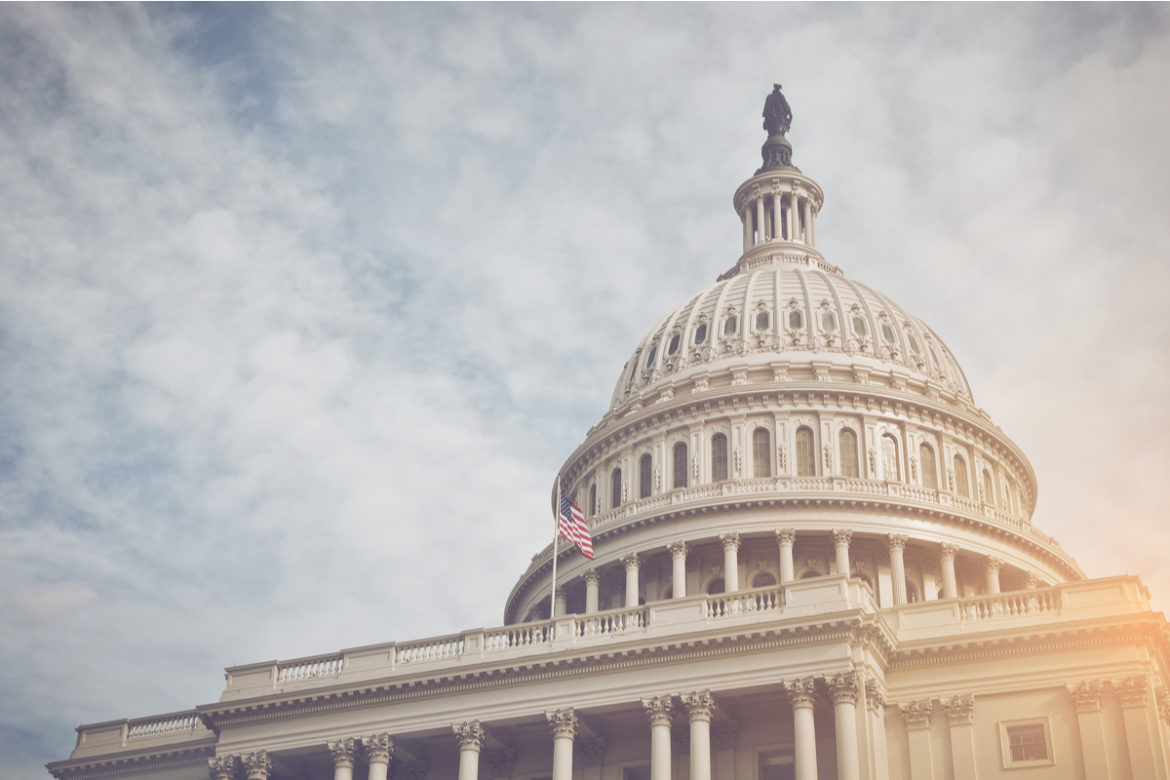Ten years ago, the US Senate voted on an outlandish bill to let a majority of over 50% of its members break filibusters. When that happened, only some Democratic Party members supported the idea, which sunk in a lopsided senatorial vote.
In 2021, most Democratic senators opine that the so-called filibuster rules, requiring 60% of votes to take legislation to an ultimate vote, are outdated and unworkable. As for those senate members, the rules are now the main thing that impedes meaningful changes in policy with broad support.
Over the last decade, so many senators have changed their opinion to now almost unanimously feel that a radical measure should be taken to correct the system, stated Senator Richard Blumenthal. One of those steps is to abolish the filibuster.
The near-unanimousness is the present issue. Some Democratic Senate members stay stubborn against making any change to those rules, despite Republicans threatening to stop the other party’s several cherished priorities. Democrats may start a political strategy to attempt to show their hesitant colleagues that Senate GOPs, determined to deprive them and US President Biden of important legislation, are misusing the filibuster.
Senator Edward Markey said that in the event of wanting to preserve voting rights as well as protect the earth against climate change, repealing the filibuster is important. The year’s first filibuster of the Senate happened recently as GOPs blocked House-passed legislation to make a commission to look into Donald Trump supporters’ Capitol assault. While 8 Republicans did not vote on that, 35 GOPs voted against creating that independent commission. That underscores the fact that blocking legislation as per the present rules takes little effort. That makes a bill’s advocates responsible for producing the required 60 votes to move that piece of legislation forward.
GOPs tied up bipartisan legislation to make US competitiveness better with China, albeit they had got considerable input into that measure. That move let several Democrats know that GOPs would prefer to cause much trouble for the required majority instead of cooperating even on acts they helped to author.
Majority leader cum Senator Chuck Schumer told his peers that the GOP tactics showed not just bipartisanship’s limits but also Republican obstructionism’s resurgence. Senator Schumer said that he planned on bringing the filibuster situation to the point that necessitates action by pushing votes on the measures that GOPs oppose. One of those is a measure that a 2014 Republican filibuster blocked and that looks to confirm that men and women get equal pay for equivalent work. Schumer suggested that he is likely to bring forward gun safety and gay rights legislation as well. Most immediately, the senator assured a vote by June 2021 on sweeping voting rights legislation that Democrats find necessary to address new GOP-led restrictive voting laws enacted in US states.
Showing Democrats, who refuse to alter the filibuster laws, the following is the whole idea.
- That Senator Mitch McConnell-led Republicans would prevent legislation with widespread support
- That overturning the so-called filibuster rules is the lone way of winning their adoption.
The expectation is to have a greater number of the changes that Senator Blumenthal noted.
As for Markey, each vote would build the case for convicting GOP senatorial leaders of being involved in political stalemate for their benefit, instead of voting in favor of the same agenda that Americans voted for last year.
It replicates a political strategy that majority leader Harry Reid once used to persuade other Democrats to destroy the filibuster as a favor to executive and judicial branch nominees. In 2013, Reid deliberately lined up votes on well-recognized people nominated to the impactful federal appellate court for DC Circuit. When GOPs repeatedly blocked that sequence of votes, Reid got enough Democratic backing to have the rules changed through a majority voting.
Back then, Reid worked with a bigger majority as compared to Schumer. Joe Manchin was among the senators that Reid did not convince. Why? Because Manchin was not only an advocate of compromising the filibuster but also among the Democrats who resisted the 2013 changes.
There are several others who resisted the changes. Senator Kyrsten Sinema opposed more to the filibuster changes during a recent appearance when she stood near Senator John Cornyn. For your information, Cornyn is among the GOPs who blocked the January 06 commission.
In her southwestern border tour, Sinema told reporters that it would be a false move to replace the filibuster with ‘X’. She told that the fact is that changing the behavior is the way of fixing a senatorial system that does not work effectively now. When making the above statement, the senator rhetorically said that the US Senate does not work smoothly and effectively.
Criticizing Sinema’s remarks, progressive activists said that with the filibuster having been beneficial to GOPs, she was naive in believing that those party members would willingly change their behavior.
Other Democratic Party members remain anxious about making changes to the said rules. Anyhow, their colleagues and those activists feel that it would be possible to convince them to do it if the following becomes clear.
- That nationwide minority voting rights’ future is at risk
- That minority leader McConnell would single-handedly stymie the aggressive idea of their party
Reid built momentum to achieve a change through private party gatherings, and Majority leader Schumer is also going down the same route.
Still, some vocal advocates of destroying the filibuster remain pessimistic regarding their chances. They fear that gains made this June could dissipate fast in the event of the US Senate spending July on infrastructural legislation and then decamping for the time remaining in the summer.
Senatorial Democrats and their key aides feel that they have moved forward in nudging other senators such as Angus King and Jon Tester to swapping the rules for voting-concerned bills. Anyhow, Sinema and Manchin have turned out to be less flexible than what the above-mentioned people had expected.



